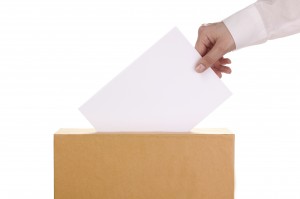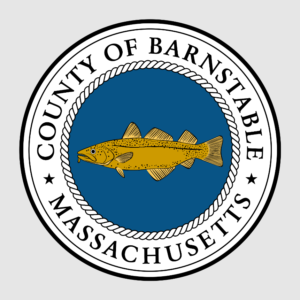
HYANNIS – Question 2 on the ballot this November will ask Massachusetts voters to weigh in on dental insurance regulation.
A yes vote would regulate dental insurance rates, making companies spend a minimum of 83% of premiums on quality improvements and member expenses instead of administrative expenses.
A no vote would make no change in the law related to regulations of dental insurance companies.
Dr. Andrew Tonelli, a dentist in North Reading, said he is asking voters to support the question because it will mean better value for consumers.
“It means that more dollars from your dental insurance are going to go towards your care,” Tonelli said.
He added that the question also provided protections for the public with more transparency of how premiums are spent.
“We don’t even know how dental insurers are using their dollars right now. There’s no transparency and no accountability for these dental insurers,” Tonelli said.
The dentist said that there are protections in the language of the question to prevent “unreasonable increases in premiums over time.”
The Massachusetts Dental Society, the Massachusetts Nurses Association and the Massachusetts Senior Care Association are endorsing Yes on Question 2.
Doug Rubin, a communications consultant for the No on 2 Committee, said the group is urging voters not to support the question.
“It will likely lead to higher dental premiums and less access to dental care for Massachusetts residents,” he said.
Rubin cited a study based off the ballot question scenario. It discovered insurers would have to raise premiums by 38% in order to meet the new threshold.
The study was commissioned by a dental insurers trade group.
Rubin also noted a survey asking how people and businesses would respond if premiums went up. The survey found half of consumers would drop their dental coverage and most businesses would have to make changes in their employee coverage.
Rubin was asked to respond to the fact the language of the bill is designed to prevent premiums from going up unreasonably.
“I would say there are already similar regulations in the utilities sector,” he answered. “I don’t think anybody here in Massachusetts would say that their utility bills haven’t gone up considerably in the last few years.”
When asked what other organizations were endorsing No on 2, Rubin responded that no other state in the country has a similar law.
A WBUR ballot question explainer interviewed Evan Horowitz, the executive director of the Center for State Policy Analysis at Tufts University on the subject.
“It’s not clear that this ballot initiative was ever designed really to solve a problem for patients. It’s designed to intervene in an ongoing dispute between insurers and dentists,” Horowitz said.
By Brian Engles, CapeCod.com NewsCenter
























